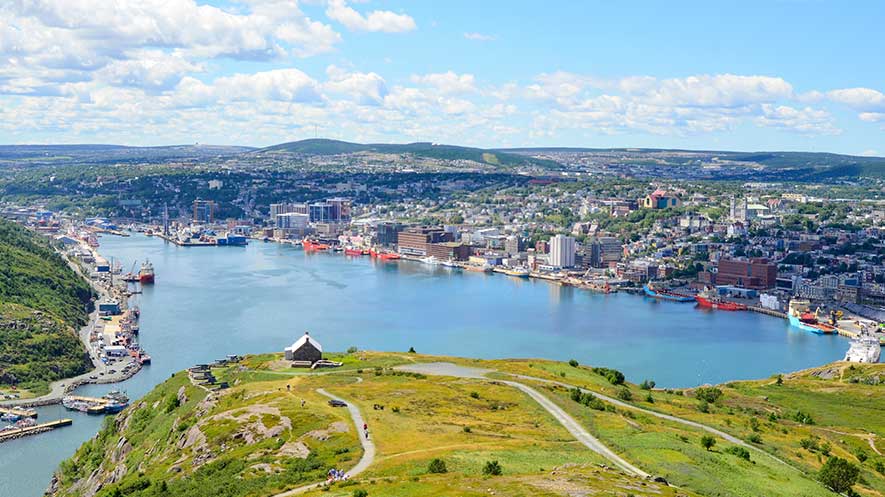On 8 November 2016, the Canadian Ministers of Fisheries and Oceans, the Environment and Climate Change, and the Canadian Coast Guard, announced a $1.5 billion national Oceans Protection Plan.
The Plan improves marine safety and responsible shipping, protects Canada's marine environment, and creates stronger partnerships with Indigenous and coastal communities. The plan meets or exceeds international standards and is supported by commitments to Indigenous co-management, environmental protections, and science-based standards.
“Through the Oceans Protection Plan, Canada's world-leading marine safety system will respond better, quicker and more effectively to marine spills and incidents along all of our coasts and major waterways, including in Atlantic Canada. In addition, preventative measures will help ensure marine spills and incidents do not happen in the first place. Most importantly, this work will be done in strong partnership with Indigenous and coastal communities, valuing their traditional knowledge and expertise in preserving our coasts and their pristine beauty for generations to come,” said Marc Garneau, Canada’s Minister of Transport.
The following initiatives were announced:
The re-opening of the Maritime Rescue Sub-centre in St. John's, Newfoundland and Labrador. This rescue center provides regional capacity to facilitate effective operational coordination and response to all-hazard marine incidents.
The construction of two new Canadian Coast Guard lifeboat stations in Newfoundland and Labrador areas to improve search and rescue.
The refurbishment of the Canadian Coast Guard St. Anthony, Newfoundland and Labrador, lifeboat station. The building of two new radars in Atlantic Canada – one to be installed in the Strait of Belle Isle area, and the second one in Chedabucto, Nova Scotia.
Increased domestic and international scientific collaboration on oil spill response through investments for Fisheries and Oceans Canada's world-leading Centre for Offshore Oil, Gas and Energy Research in Dartmouth, Nova Scotia.
Continued investment in response planning for the Strait of Canso, Nova Scotia, and the Bay of Fundy, New Brunswick, including bringing together baseline biology, ecology, social, cultural, and economic data.
Improved timely availability of science-based expertise during incidents by placing additional emergency and enforcement officers in Atlantic Canada.
Increased marine safety information for mariners and improving hydrography, charting, and e-navigation products, including for the Strait of Canso, Nova Scotia, and Saint John, New Brunswick.
Investment in research to support new and refined oceanographic oil spill trajectory models, including for the Strait of Canso, Nova Scotia, and the Port of Saint John, New Brunswick.
Learning how to better protect marine mammals from the effects of shipping, including collisions and noise pollution, researchers will locate and track marine mammals in high vessel traffic areas and provide this information to mariners. The plan will reduce the impact of day-to-day vessel traffic on marine mammals by using sound science and local knowledge of local waters provided by Indigenous communities and other coastal community residents. Identify and assess the most pressing local environmental issues impacting the state of the species and the effectiveness of existing mitigation measures.
Fisheries and Oceans Officers will develop a national approach and capacity, in line with international best practices, to respond to marine mammal incidents such as collisions, entanglements and strandings. This will bring the added benefit of enhancing compliance, enforcement and surveillance of marine protected areas.
The launch of a comprehensive plan to address abandoned, derelict and wrecked vessels, including making vessel owners responsible and liable for vessel clean-up.
Moving forward, Canada will be better equipped, better regulated, and better prepared to protect marine environment and coastal communities, achieving a world-leading marine safety system. Given the number of people working in these industries, these new measures will contribute to Canadians and to growing the middle-class.





